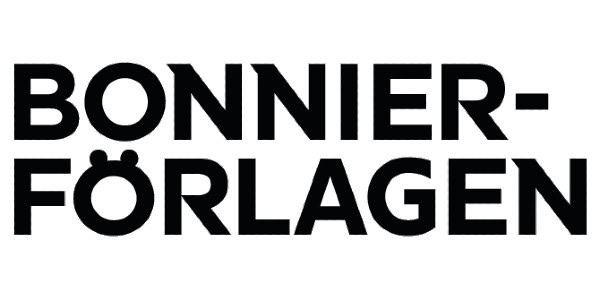
Mhola – The Utopia of Peace: An Ethnographic Exploration of the Sungusungu Movement in Tanzania

| Serie | Uppsala Studies in Cultural Anthropology (59) |
|---|---|
| Författare | |
| Förlag | Acta Universitatis Upsaliensis |
| Genre | Samhälle, politik och debatt |
| Format | Häftad |
| Språk | Engelska |
| Antal sidor | 264 |
| Vikt | 473 gr |
| Utgiven | 2021-03-31 |
| SAB | Oab-pfc:k |
| ISBN | 9789151311142 |
This study is about the formation and spread of the Sungusungu movement in Tanzania that arose in the early 1980s among the Sukuma-Nyamwezi people in west-central Tanzania, south of Lake Victoria. In the wake of the international oil crisis in the 1970s, aggravated by the costly war with Uganda that led to the demise of Idi Amin’s regime in 1979, the country experienced a period of deep economic and social crisis with inflation, collapsing markets, a shortage of basic commodities and a breakdown of law and order, signified by increasing levels of violent crime, such as organized cattle theft and banditry in the rural areas. It was against this backdrop that people began to organize and arm themselves to cope with the disintegrating and malevolent forces they were experiencing, not only as an existential threat to their daily lives but to society at large. The quest for everyday peace, mhola, among people was omnipresent and the movement swept like a bush-fire from village to village over the large Sukuma-Nyamwezi area and beyond. Within only a couple of years several million people were involved in or affected by it. The emergence of Sungusungu in its particular sociocultural context constitutes a generic moment that sparks a process with, over time, many different far-reaching social, political and judicial repercussions. Based on long-term fieldwork engagements and an extensive literature review, the study sets out to trace the trajectory of the movement in its various cultural, social and political details from its early emergence as a genuine localized popular movement and then, over time until the present, through a series of various interventions that gradually transformed it into institutionalized forms of community policing under state supervision and control, emulated all over Tanzania and spread even to parts of Kenya.























